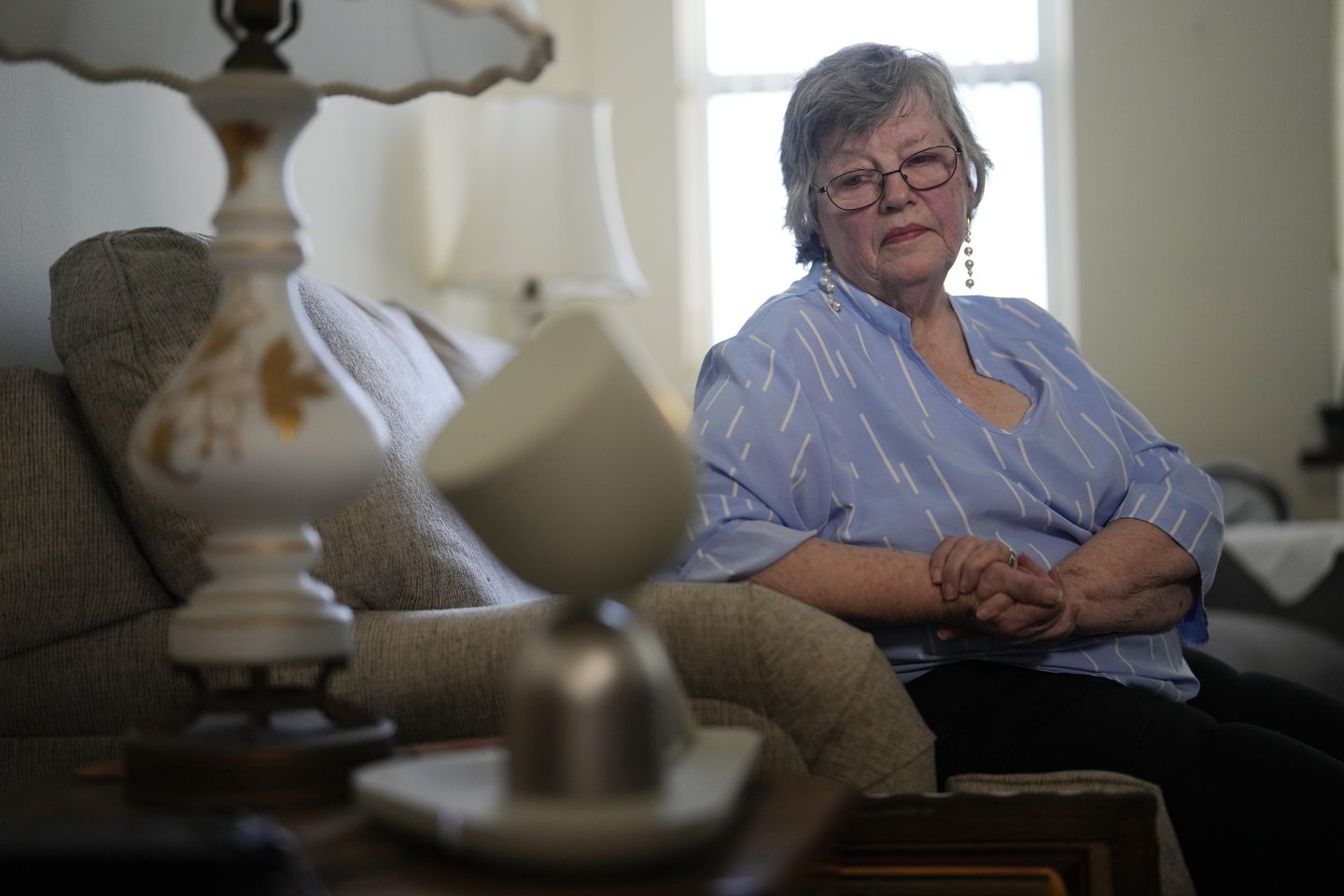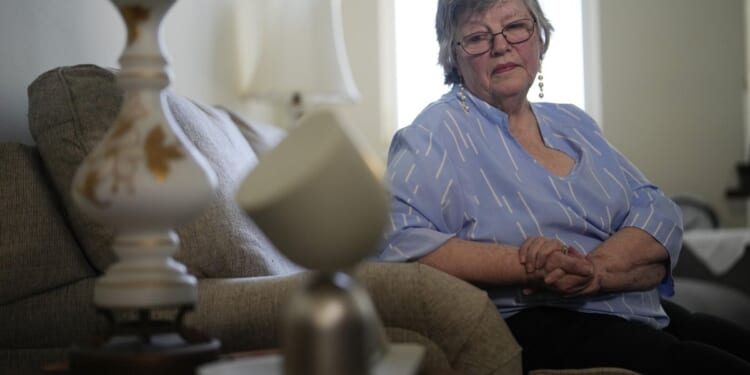
A significant number of people are experiencing deep-seated feelings of solitude, even amid active social circles, a new study has found.
The study, done by OnePoll under the auspices of Zumba, found that 40% of those surveyed had not engaged in direct conversation with someone else for periods extending at least three days, Study Finds reported. Additionally, 28% reported feelings of loneliness during social gatherings, while 25% said they have encountered isolation within their professional environment.
“Human beings are by our very nature social beings and psychological research asserts that we need to belong, to relate to each other and feel connected to other people — this is how we survive and thrive,” said psychologist Anjula Mutanda, who partnered with Zumba for the study, which surveyed 2,000 adults in Britain. “Therefore, feeling disconnected or cut off from quality relationships with others, can negatively impact our mental and physical health — something which has been highlighted in the research.”
The study highlights a peculiar scenario frequently referred to as the “lonely in a crowd” situation, which predominantly affects younger adults. Among 18-24-year-olds, 60% disclosed they have coped with loneliness. And women are more likely to experience loneliness than men, with percentages standing at 38% and 30%, respectively.
Other findings suggest that difficulty in expressing feelings of loneliness plays a significant role. Only 14% of respondents said they commonly discuss their sense of loneliness with others, and 62% said being open about loneliness is stigmatized.
“Experiencing loneliness can come in different forms and is uniquely felt by each of us, which is why some people can feel disconnected in a crowd, or disconnected within their relationships; while others may experience feelings of loneliness when they move away from home, start a new job or experience a bereavement,” Ms. Mutanda told Study Finds.
“It can also affect your confidence and leave you feeling too afraid or too embarrassed to tell someone how you actually feel, which could potentially lead to a downward spiral of ‘silent suffering’ and can really take a toll on your wellbeing. The good news is that there are steps you can start to take to help you combat loneliness, such as taking part in physical exercise, and reach out to others for connection and support,” she said.
• Staff can be reached at 202-636-3000.












